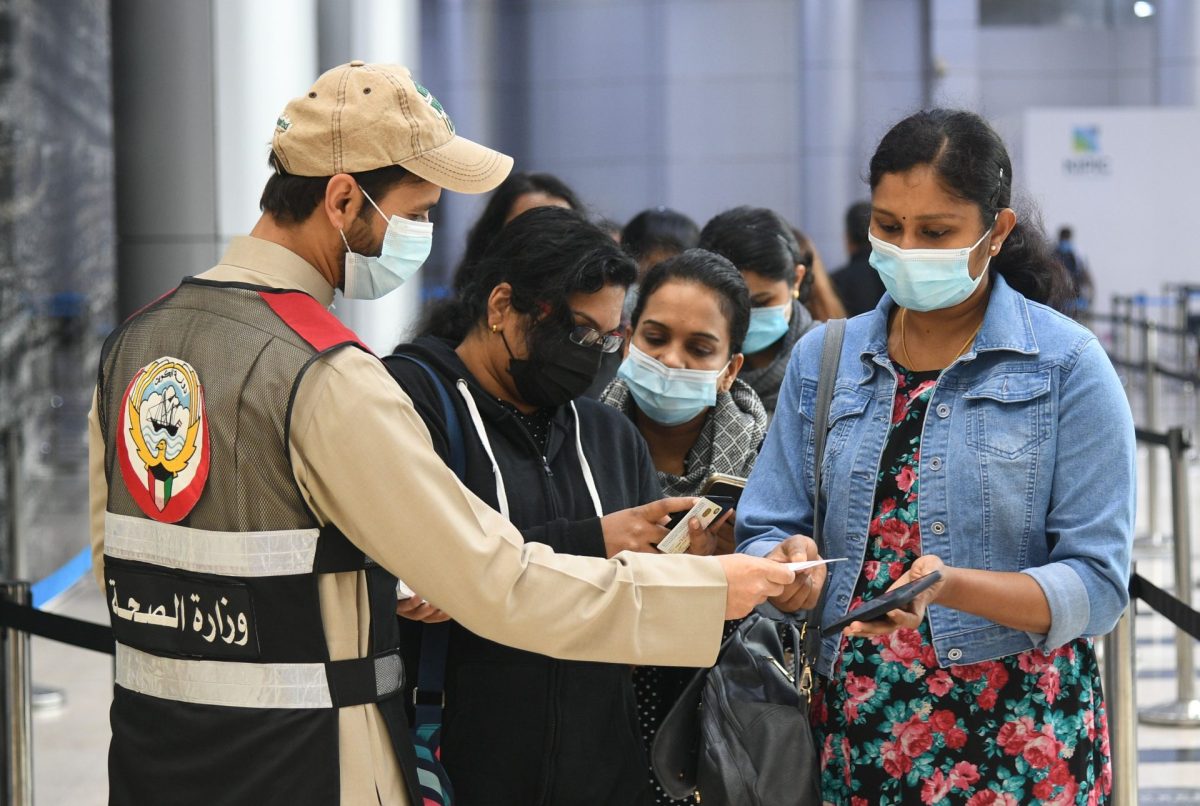Both doctors and ordinary citizens have been using social media platforms to express their concerns over the medicine shortage, detailing how difficult it has been to obtain certain medications.
Many are placing the blame on the minister of health, and are demanding the issue be addressed.
Using the hashtag “medicine shortages” in Arabic on X (formerly Twitter), doctors are stating that they are unable to treat patients, some of whom are in serious conditions.
Some social media users have also directed their frustration towards the council of ministers, demanding an answer as to what has caused the shortages and for a solution to the issue.
One doctor, Sh’aib Nuri al-Kalaf, joined in the conversation, and said that doctors cannot be held responsible for the consequences of the lack of medication in pharmacies and hospitals.
“The state is responsible for caring for the patient and providing them with comfort and treatment. We have a huge shortage of medicine, including biological medicines which are used for patients with Crohn’s disease as well as ulcerative colitis,” he posted on X.
“We are not the ones who are able to offer new medicines to patients or provide the necessary dosage of medicines to those who have been diagnosed long ago.”
Patients have also complained about their deteriorating conditions after not being able to get hold of medicines.
“The shortage of medicines is truly a catastrophe, I went to the Eye hospital with allergies but unfortunately the treatment is not available, they transferred me to a centre for mid-next month… so I have to wait for a month and two weeks,” a patient wrote.
Last week, the country’s health minister, Ahmed al-Awadhi, was questioned over the medicine crisis and given a chance to address the issue.
Member of parliament Hamdan al-Azmi said he would take a “decisive and firm step at the beginning of the upcoming parliamentary year” if the issue remains unsolved, according to local media.
Last month, the health minister assured people that there was “no severe shortage” of medicine, and that there are alternatives to medications that are unavailable or are in short supply.
He also caused outrage this week after reportedly responding to a journalist’s questions about the medicine shortage with a thumbs-up gesture.
The Kuwaiti al-Qabas newspaper reported last year that the country has been plunged into a medicine crisis, with dozens of treatments unavailable.
Al Qabas quoted health sector sources as saying: “The shortage of medicines has expanded to include many vital medicines, which are prescribed to a wide category of patients on a daily basis.”
The sources confirmed that the shortage of medicines requires increasing the current budget from $651m to $814m to permanently solve the crisis.
